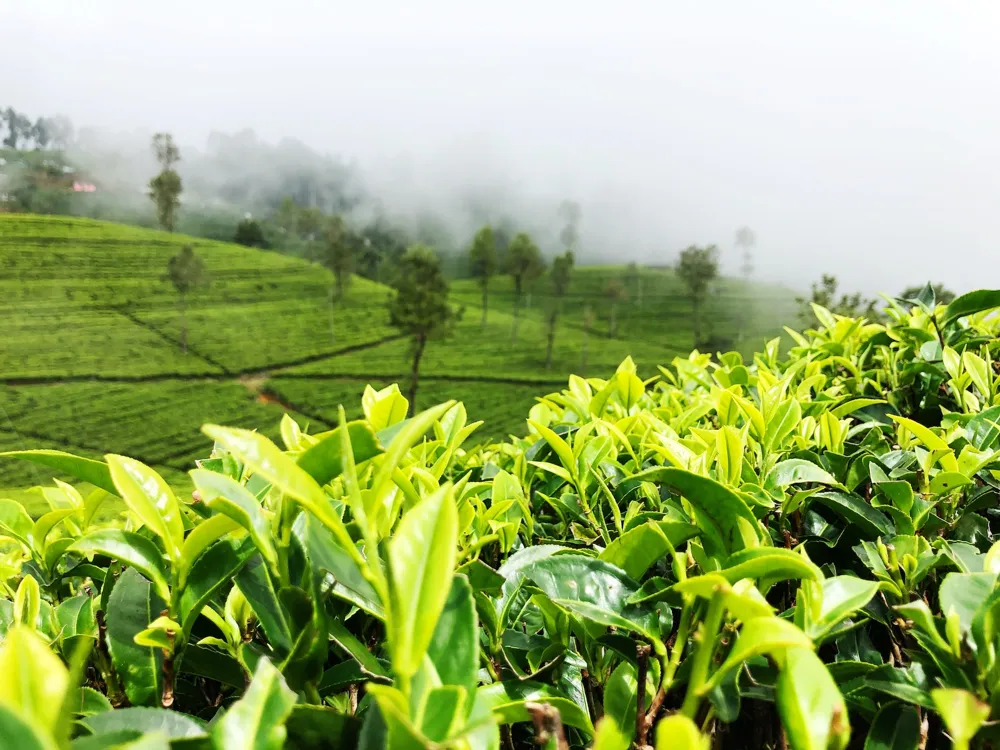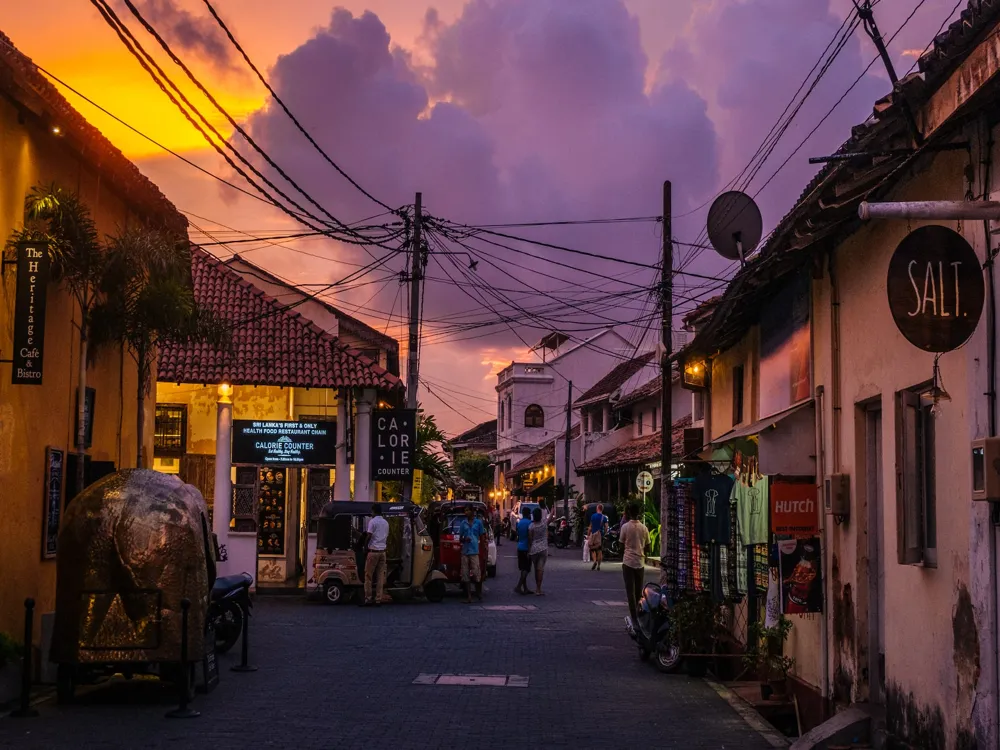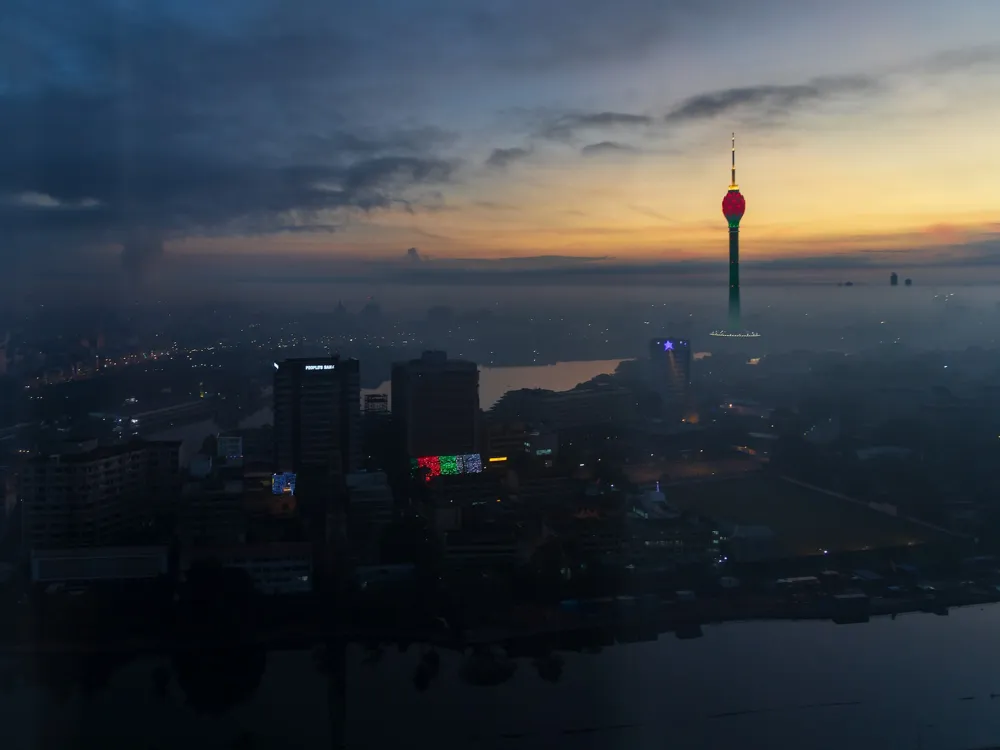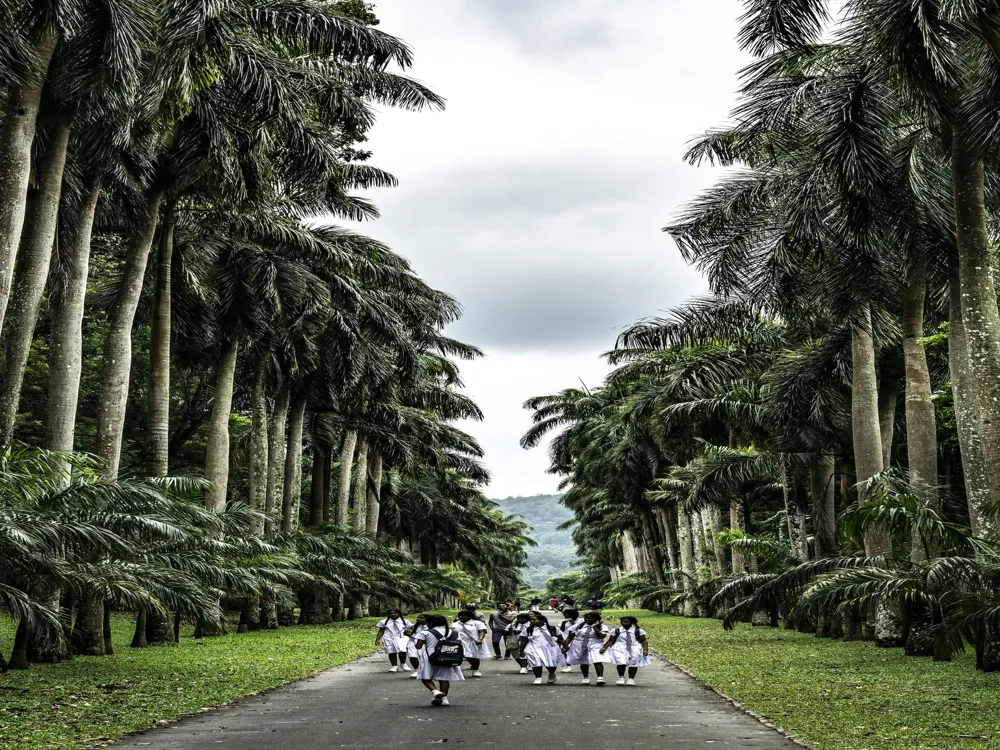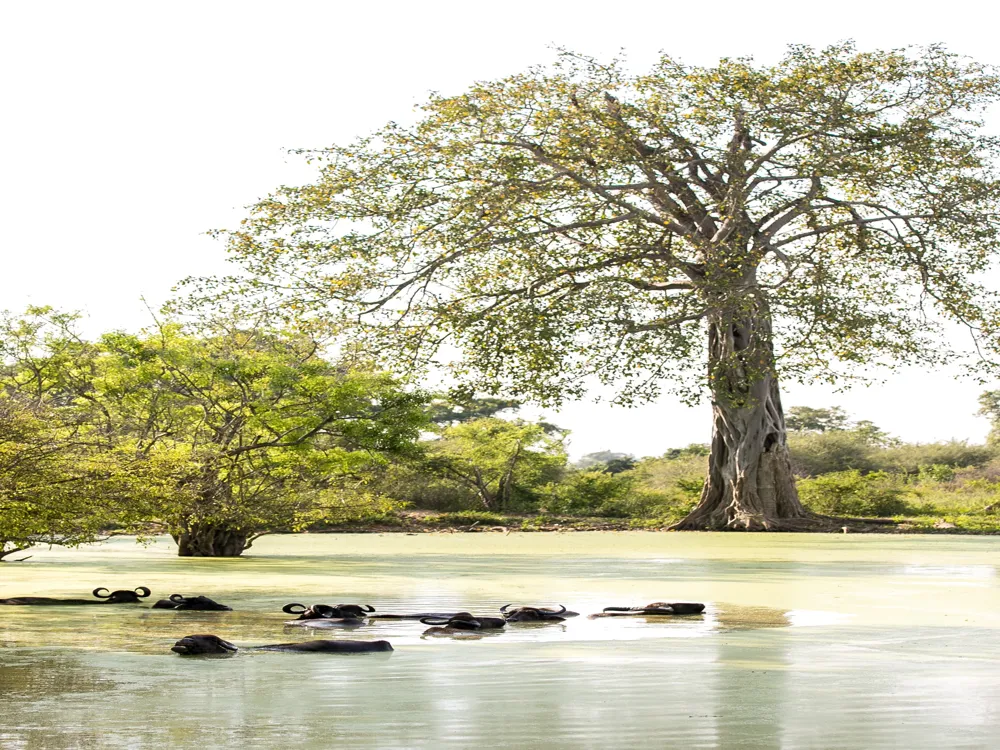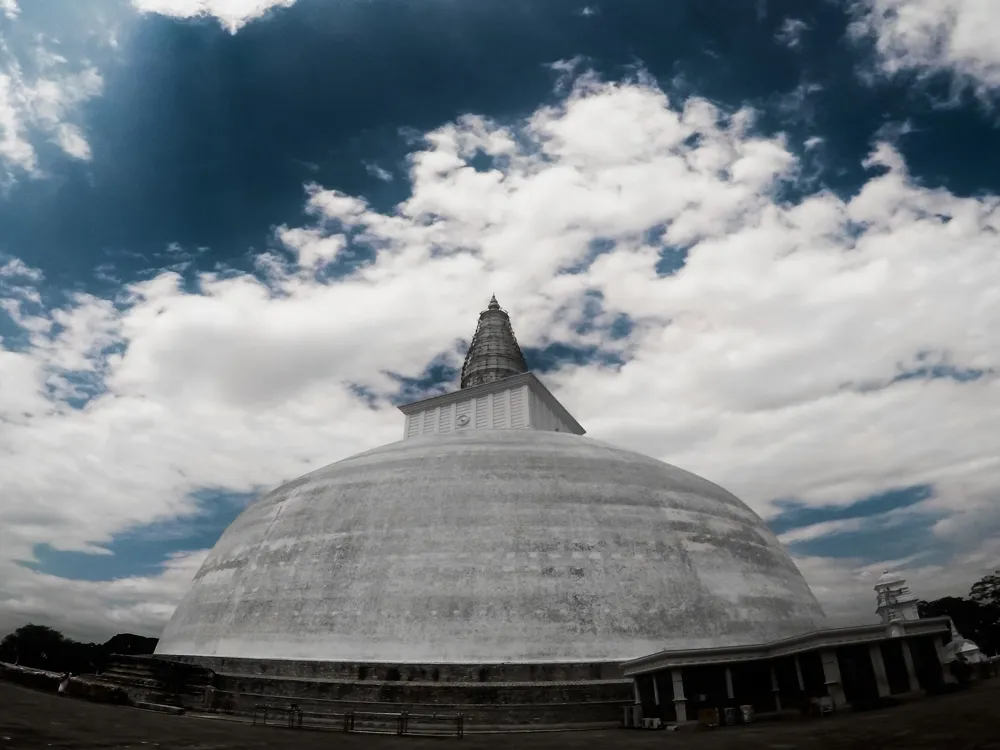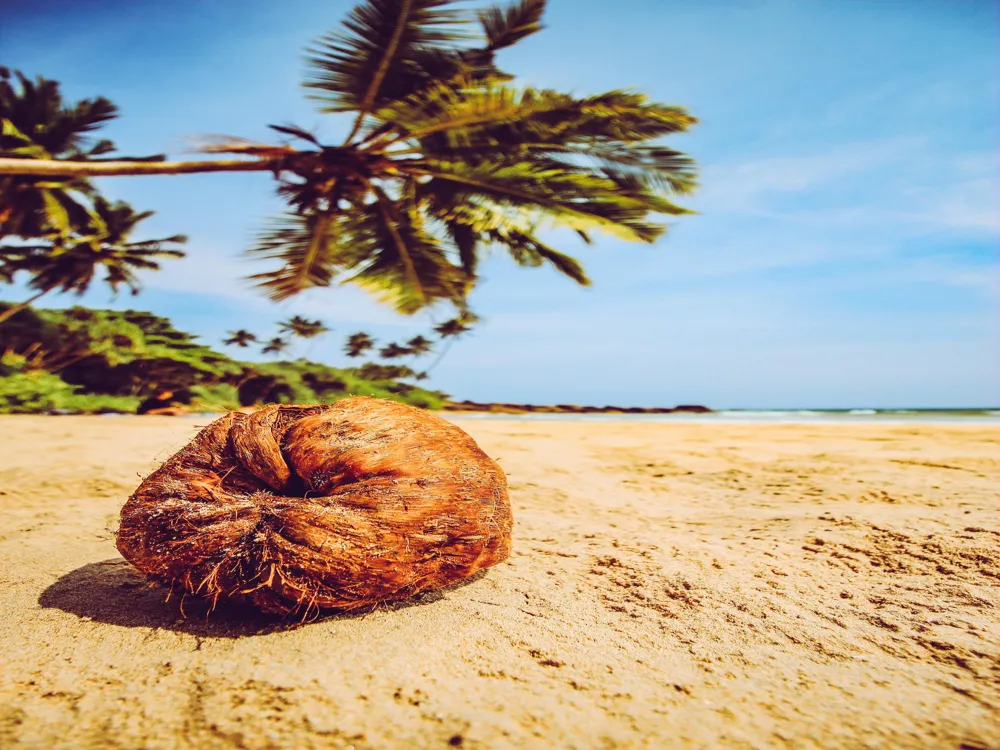Hambantota, a bustling city located in the Southern Province of Sri Lanka, stands as a symbol of cultural richness and historical depth. This coastal city, with its deep-water port and nearby Mattala Rajapaksa International Airport, is rapidly becoming a key player in international trade and tourism. Hambantota's history is deeply interwoven with Sri Lankan culture, and it has been a witness to many pivotal events in the country's history. From its early days as a small fishing village to its current status as an emerging hub of development, Hambantota embodies a blend of tradition and modernization. The city's strategic location along ancient maritime routes has historically made it a point of interest for various trading civilizations, including the Chinese, Arabs, and Europeans. These influences are evident in the city's diverse culture, cuisine, and architecture. Hambantota is also rich in natural beauty, surrounded by wildlife sanctuaries, scenic beaches, and lush greenery. This unique combination of historical significance, cultural diversity, and natural beauty makes Hambantota a captivating destination for both tourists and historians alike. Hambantota's architecture is a testament to its rich historical and cultural tapestry. The city's buildings display a unique blend of indigenous Sri Lankan styles with influences from colonial and international designs. One of the most prominent features of Hambantota's architecture is its ability to harmonize with the natural environment. Traditional Sri Lankan architectural elements, such as verandas and courtyards, are designed to maximize airflow and natural cooling, reflecting the local wisdom in adapting to the tropical climate. Colonial influences are visible in many of Hambantota's older buildings, particularly those built during the Dutch and British eras. These structures often feature European architectural styles, with high ceilings, large windows, and ornate detailing. More recent developments, like the Hambantota Port and the Mattala Rajapaksa International Airport, showcase modern architectural trends. These contemporary structures emphasize sustainability and are equipped with state-of-the-art facilities, representing a new era of development in Hambantota's long and storied history. The ideal time to visit Hambantota is from January to April, when the weather is relatively dry and pleasant. This period avoids the monsoon season, ensuring a more comfortable experience for outdoor activities and sightseeing. Hambantota offers a rich culinary experience, with an array of local dishes that reflect its diverse cultural influences. Seafood is a local specialty, often prepared with a blend of spices unique to the region. Trying traditional Sri Lankan meals like rice and curry is a must for any visitor. Respect for local customs and traditions is crucial. Visitors should dress modestly, especially when visiting religious sites. It's also important to ask for permission before taking photographs of locals or sacred places. Visitors are encouraged to engage in sustainable tourism practices. This includes supporting local businesses, being mindful of environmental impacts, and participating in eco-friendly activities that do not harm the local flora and fauna. Hambantota is accessible via various modes of transportation. The most convenient way to reach the city is by flying into the Mattala Rajapaksa International Airport, which serves both international and domestic flights. For those preferring road travel, Hambantota is well-connected by bus and taxi services from major cities in Sri Lanka. The city is also a stop for some long-distance train services, offering a scenic route for visitors. The recent development of the Hambantota Port also opens up the possibility of arriving by sea, an option that can be particularly appealing for cruise ship passengers.Overview of Hambantota
Architecture of Hambantota
Tips When Visiting Hambantota
Best Time to Visit
Local Cuisine
Cultural Etiquette
Sustainable Tourism Practices
How To Reach Hambantota
Mirijjawila Botanical Garden
Hambantota
NaN onwards
View hambantota Packages
Weather :
Tags : Garden & Park
Timings- : 8:00 AM – 5 PM
Planning a Trip? Ask Your Question
Hambantota Travel Packages
View All Packages For Hambantota
Top Hotel Collections for Hambantota

Private Pool

Luxury Hotels

5-Star Hotels

Pet Friendly
Top Hotels Near Hambantota
Other Top Ranking Places In Hambantota
View All Places To Visit In hambantota
View hambantota Packages
Weather :
Tags : Garden & Park
Timings- : 8:00 AM – 5 PM
Planning a Trip? Ask Your Question
Hambantota Travel Packages
View All Packages For Hambantota
Top Hotel Collections for Hambantota

Private Pool

Luxury Hotels

5-Star Hotels

Pet Friendly









